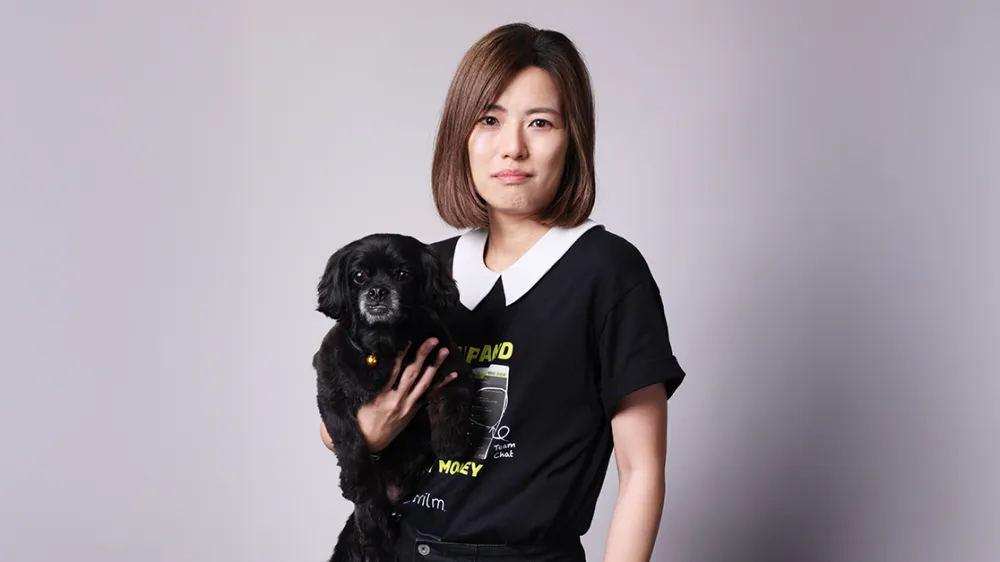Capturing the market opportunities of Hong Kong’s aging population
By Lawrence ChiaRecently, our aging population has been a hot topic in Hong Kong. This issue is of course wider than just our city – in Japan, mainland China and indeed all across Asia, Europe and North America – impacts of an aging demographic are being felt not only by the general population and the healthcare industry, but also by marketers and brand strategists in other business segments.
It is a historical fact that Hong Kong's population growth peaked in 1969 and in just a few years’ time, the last group of ‘baby boomers’ will reach retirement age. These people will be crucially different from previous groups of retirees; this demographic has a high level of education, is both computer-savvy and technology-wise, and they are highly influenced by marketing and branding: a seriously heavyweight group of consumers.
Despite the vast opportunities held by this demographic, aging baby boomers across the world will present numerous challenges to marketers. As has been proven repeatedly: age is not a reliable indicator of consumer behaviour.
This group is complex and relatively unfathomable, coming from different backgrounds and professions and having an enormously diverse range of interests and a generally high level of disposable income.
The first point for marketers to note is that the coming ‘baby boomer elderly’ will want extremely detailed and relevant information on products. Providing sufficient information on, for example medical and healthcare products, will become of paramount importance to marketers.
In the past, these consumers were perhaps too busy to research and compare products in fine detail; but in their golden years, they will have almost unlimited time to put every product and service ‘under the microscope’. Thus, brands and businesses need to be armed with vast amounts of knowledge and information on their offerings.
This group will also be highly communicative. Marketers will need to acknowledge and respect their need to communicate, and be patient and precise when answering questions.
In their lifetimes, these consumers experienced the world’s first computer, the first computer games, the first fax machine and bore witness to the huge and bulky first-generation mobile phones. Fast-forward to today and they are happy to embrace – and indeed drive the market for – a wide variety of multi-function phones and tablet computers.
As such, they are not shy about exploring functions and features, and when retired we can safely assume that they will continue to use these features more than the average person. Again, they will have the free time to test and ‘get the most’ out of these devices.
Some will become early adopters and market via word of mouth.
The role of advertising will thus evolve and become about more than just catching the consumer’s eye. The communication of the functions of products and services must be honest and crystal clear, so consumers gain true understanding and retain faith in a brand.
Graphic designers will also need to bear in mind that small details and tiny font will no longer meet the vision needs of this group and will need to make adjustments accordingly.
The idea of ‘having an experience’ will continue to be important to this new generation of elderly. Test driving cars, sampling food and drink, and ‘try before you buy’ elements will need to form a significant part of any marketing strategy; as will the idea of membership and loyalty rewards.
This is a generation of frequent fliers and restaurant-goers: future marketers will need to continue following their lifestyle choices and give them sufficient time and space to enjoy these experiences.
In Singapore, the government has been preparing for an aging population for some time. Several years ago they established a taskforce dedicated to turning population policy and aging issues into opportunities.
An annual event in the city known as the ‘50Plus Expo’ has enjoyed increasing success since its inauguration several years ago. 50Plus exhibits a comprehensive range of products and services exclusively to elderly baby boomers. The Expo recently widened its target age group to those over 45, and is proving more popular than ever.
Events and exhibitions of this type are becoming more and more widely accepted, both regionally and around the world.
Basically, elderly baby boomers may well prove to be a gold mine for brands in the future, as long as they adjust their product offerings and marketing strategies in the right way. This means less emphasis on ‘having’ something, and more on ‘doing’ something.
This will have increasing relevance in Hong Kong in the coming years and businesses that wish to stay ahead of the curve need to proactively begin to develop strategies today.




















 Advertise
Advertise








